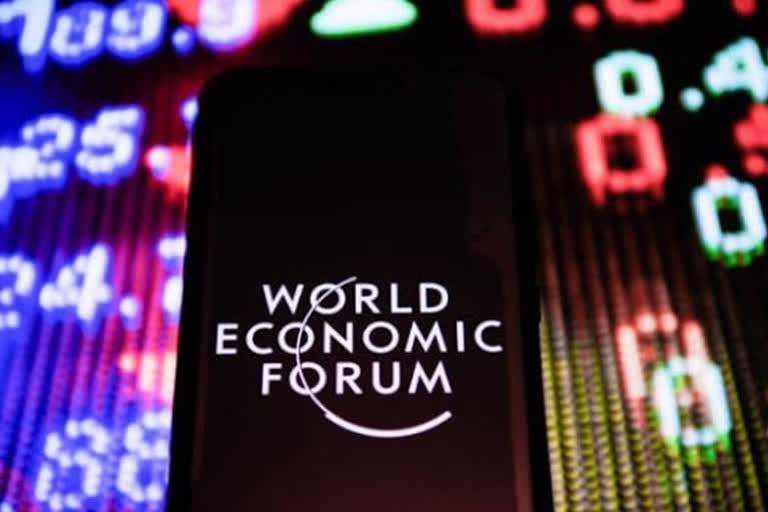New Delhi/Geneva: A prolonged global recession due to COVID-19 pandemic, high unemployment, another outbreak of an infectious disease and increased protectionism are among the biggest near-term worries for companies around the world, a new study showed on Tuesday.
The study conducted by the World Economic Forum (WEF) also flagged that the world is not ready for the knock-on effect of far-reaching environmental, societal and technological risks, but a "green recovery" and more resilient, cohesive, inclusive and equal societies can emerge if leaders act now.
"Economic distress and social discontent will rise over the next 18 months unless world leaders, businesses and policy-makers work together to manage the fallout of the pandemic," according to the report.
As economies restart, there is an opportunity to embed greater societal equality and sustainability into the recovery, which would unleash a new era of prosperity, said Geneva-based WEF, which describes itself as an international organisation for public-private cooperation.
The study, titled 'COVID-19 Risks Outlook: A Preliminary Mapping and Its Implications', has been conducted in partnership with Marsh & McLennan and Zurich Insurance Group. It taps into views of nearly 350 senior risk professionals who were asked to look at the next 18 months and rank their biggest concerns in terms of likelihood and impact for the world and for business.
The immediate economic fallout from COVID-19 dominates companies' risks perceptions and these range from a prolonged recession to the weakening fiscal position of major economies, tighter restrictions on the cross-border movement of goods and people, and the collapse of a major emerging market.
Read more:Package for financial sector to ease asset risks, but won't fully offset COVID-19 blow: Moody's
The report also calls on leaders to act now against an avalanche of future systemic shocks such as the climate crisis, geopolitical turbulence, rising inequality, strains on people's mental health, gaps in technology governance and health systems under continued pressure.
